Apple Snails and Rat Lungworms Identified as a Growing Food Safety Threat in the U.S. and Canada
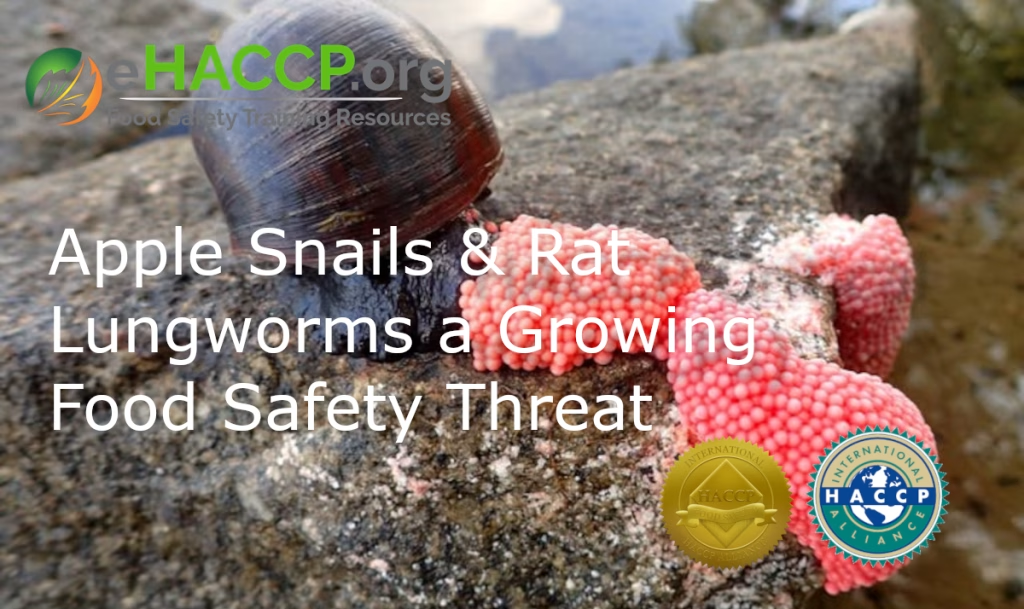
Food safety professionals across the United States and Canada are being urged to increase awareness of apple snails and rat lungworms (Angiostrongylus cantonensis)—an emerging biological hazard with serious implications for produce safety, environmental monitoring, and HACCP programs. Apple snails and other gastropods can act as intermediate hosts for rat lungworms, a parasitic roundworm capable of […]
HACCP Training: The Front Line in Preventing Persistent Pathogen Risks
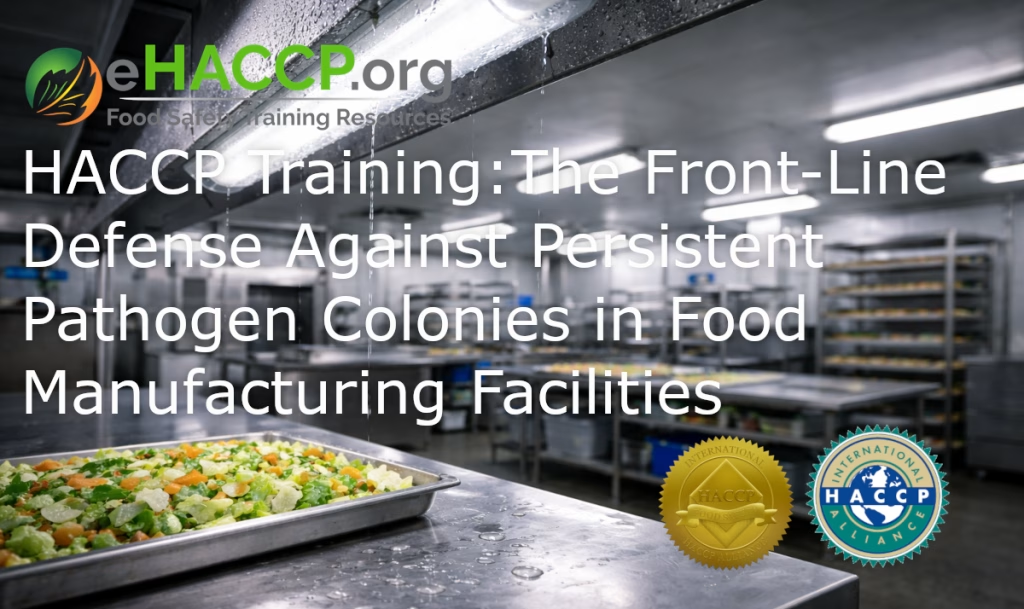
Persistent Pathogen Colonies (“Niche” Habitats): Listeria monocytogenes and other harmful pathogens can form biofilms and establish themselves in “niche” areas of equipment, such as inside hollow conveyor rollers, in cracks in the floor, or within drains, where they can survive for years, evading standard daily cleaning routines. Persistent pathogen colonies are specialized, often slow-growing bacterial […]
CDC Foodborne Illness Report 2025
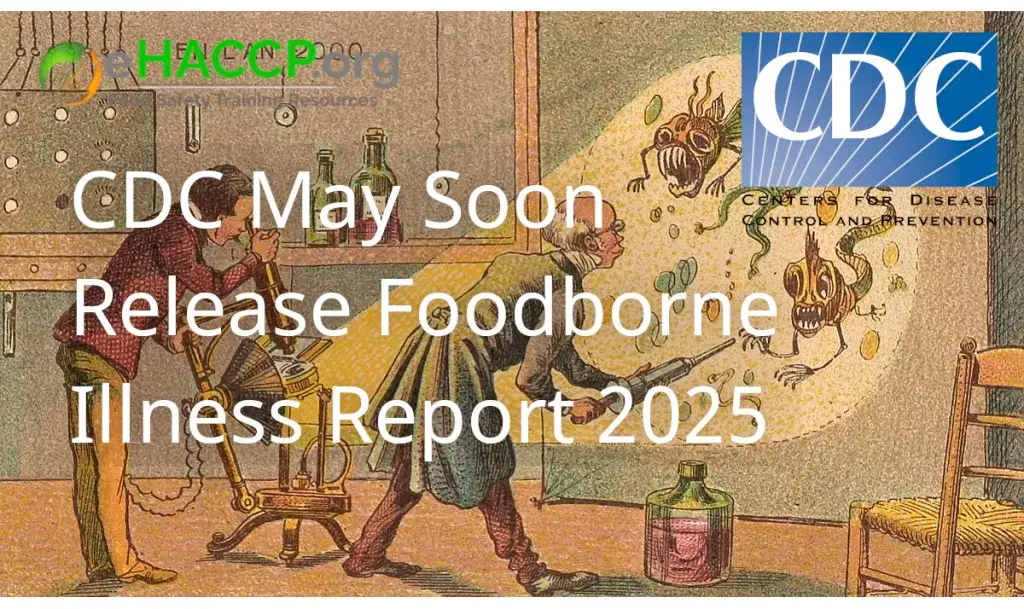
The CDC will publish its first comprehensive report since 2011, “Foodborne Illness Acquired in the United States—Major Pathogens.” Although there have been updates, a comprehensive report may soon be published. The last comprehensive update on the CDC’s statistics of foodborne illnesses and deaths was published in 2023. This report included preliminary estimates of pathogen-specific annual […]
eHACCP.org Launches Comprehensive Suite of Certified HACCP Courses and HACCP Audit Courses
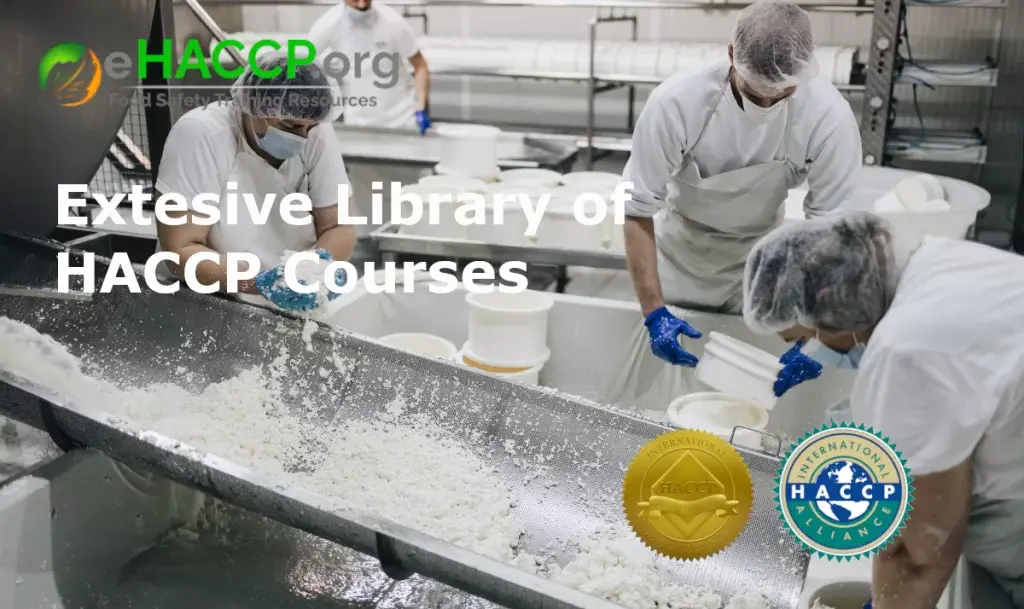
We are a leading provider of online HACCP training courses and HACCP certification, and we are today announcing the launch of ours expanded course catalog. The new catalog includes a wide range of industry-specific HACCP courses, all Certified HACCP courses are accredited by the International HACCP Alliance. We aim to make HACCP training accessible and […]
HACCP Training for: Blender Gasket Maintenance
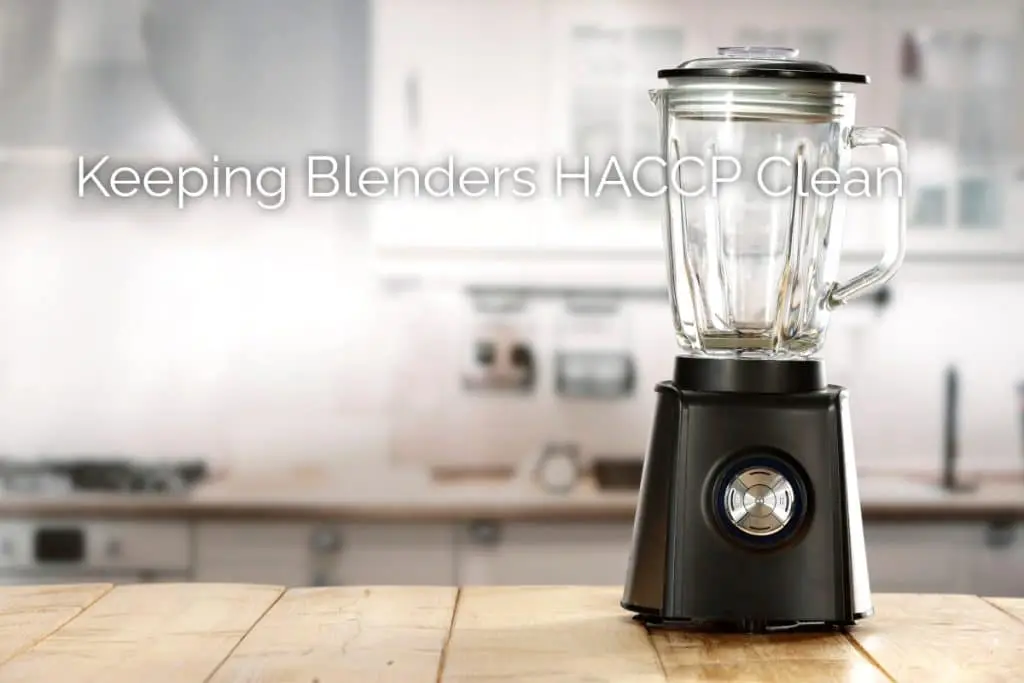
Blender gaskets can potentially pose a risk if not properly cleaned and maintained. While they are not inherently dangerous, neglecting proper cleaning and sanitation of blender gaskets can lead to foodborne threats and compromise kitchen hygiene. Here are a few reasons why blender gaskets can become problematic if not handled correctly: 1. Bacterial growth: Blender […]
HACCP is Climate Friendly
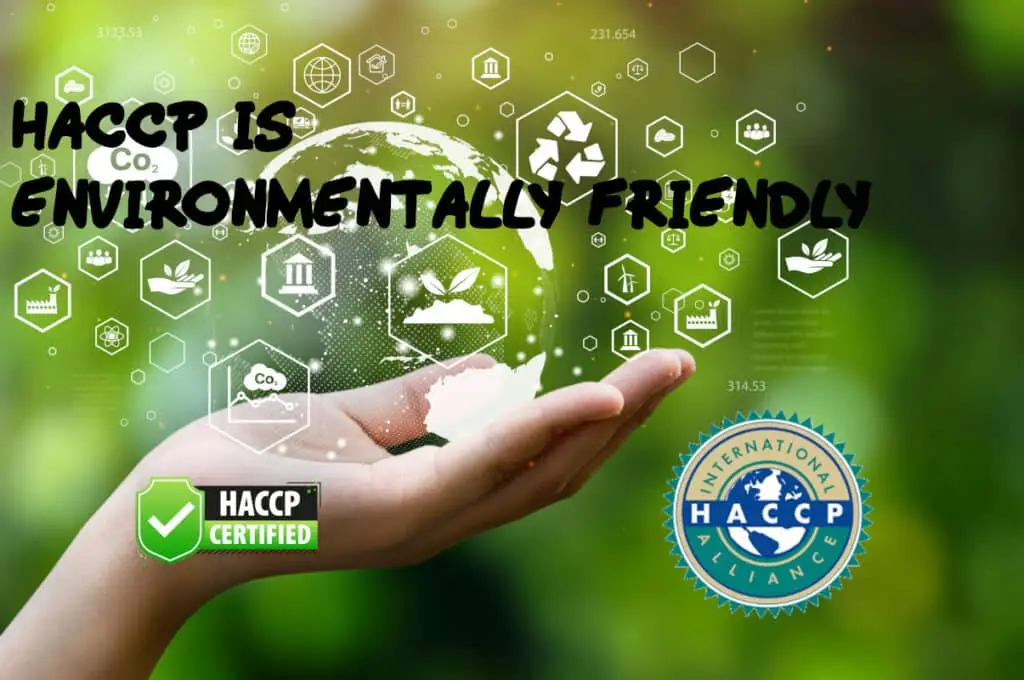
HACCP (Hazard Analysis and Critical Control Points) is a food safety management system that is designed to identify and control potential hazards in food production processes. While HACCP may not directly address climate change, it can play a role in reducing the environmental impact of food production, which is a major contributor to climate change. […]
HACCP and the BRC Scheme
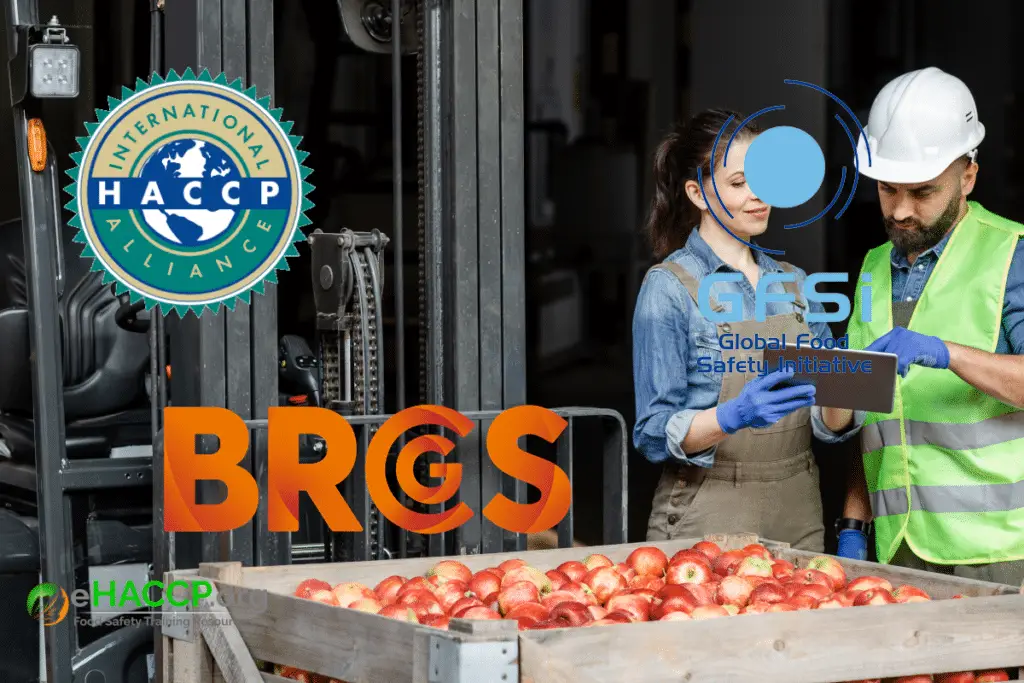
HACCP is a requirement under BRC. Being HAACP certified is a preliminary step that cannot be overlooked. BRC is a Global Food Safety Initiative (GFSI) benchmarked food safety standard covering food safety and management of product quality in food packing and processing operations.
Personal HACCP Certification vs. Facility HACCP Certification
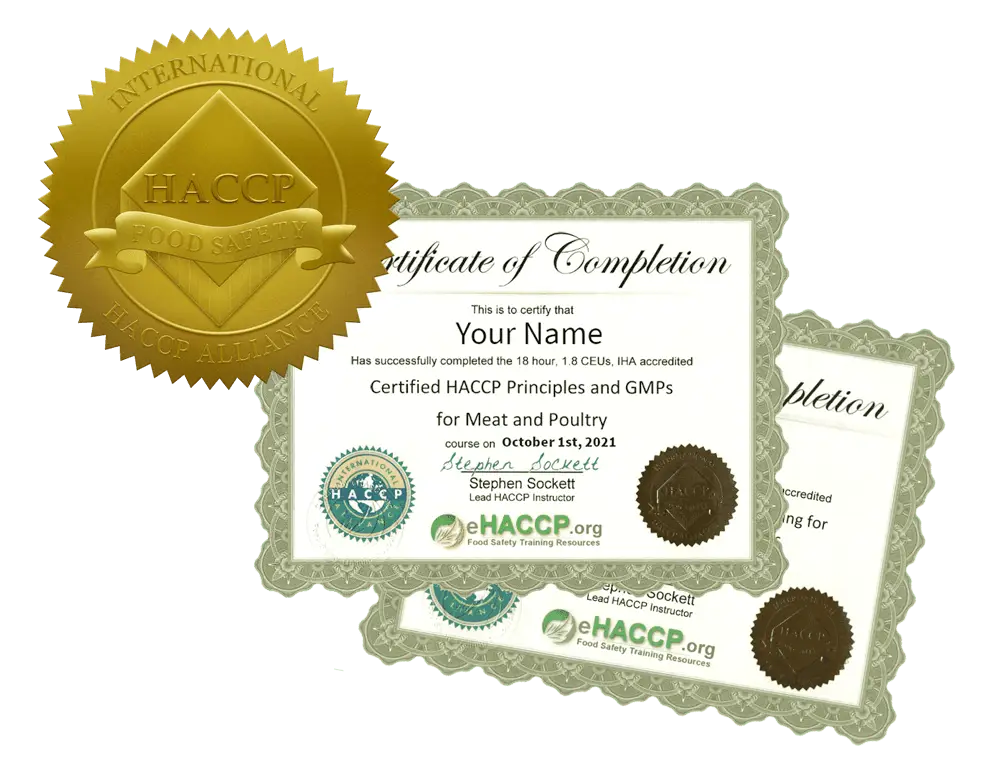
In today’s world of sensitive consumer needs for food safety, it is imperative that a food manufacturing facility (and brand) obtain a HACCP certification, at minimum. Implementing a HACCP food safety system and gaining HACCP certification may the gateway to growth in business opportunities (new clients), demonstrating food safety commitment, and solidifying the viability of […]
Who can create a HACCP plan and implement a HACCP system?

A HACCP Team can be defined as a group of people who have adequate skills and knowledge applicable to the development and implementation of a HACCP-based food safety program.
Who Should Get HACCP Trained and Certified?
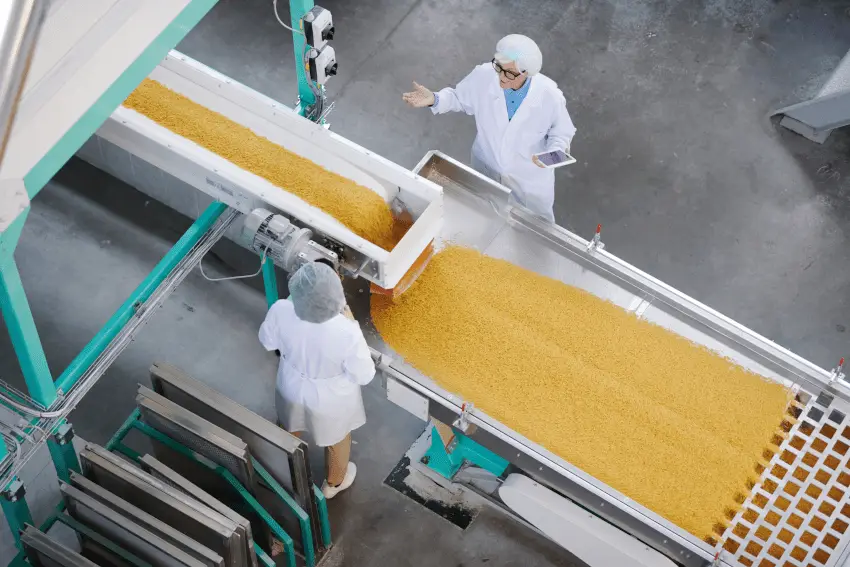
HACCP training and certification is recommended for anyone involved in the production, processing, packaging, storage, or distribution of food. This includes, but is not limited…
